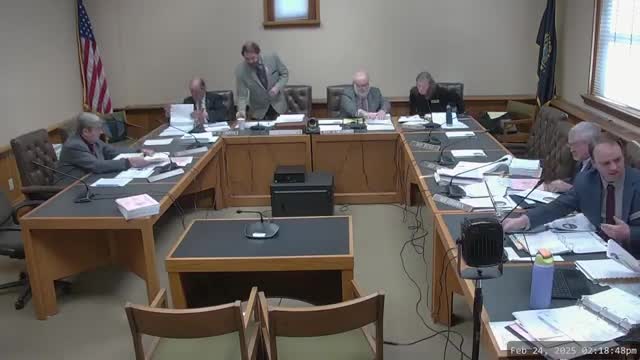Article not found
This article is no longer available. But don't worry—we've gathered other articles that discuss the same topic.
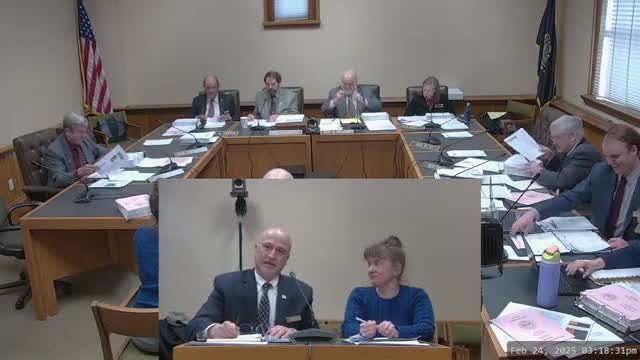
Governor’s Commission on Disability highlights ABLE savings, tele‑equipment assistance and call‑center demand
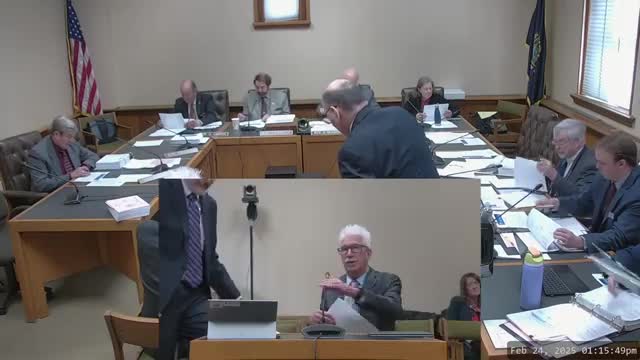
DOIT warns legislators subscription software, cloud shifts and carry‑forwards are driving costs higher
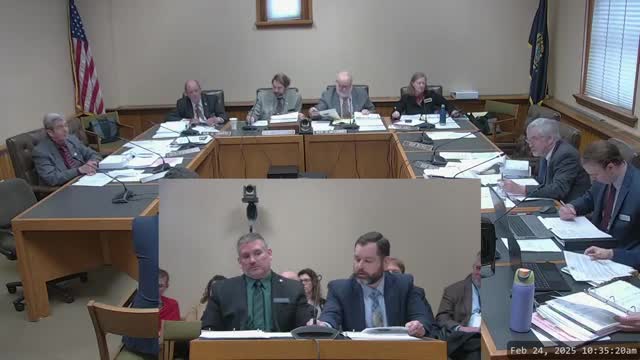
Lawmakers press Energy Department on proposed $10 million transfer from Renewable Energy Fund to general fund
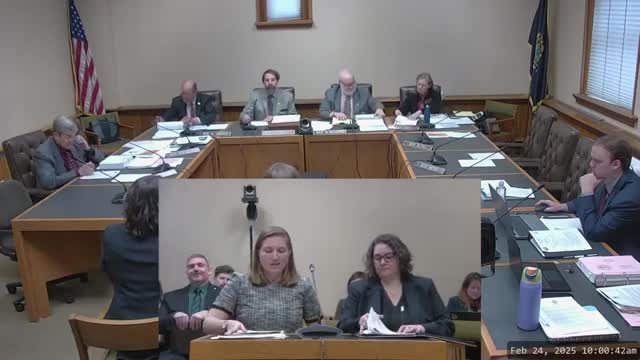
House Finance panel approves Banking Department budget after commissioners lay out staffing, exam demands
